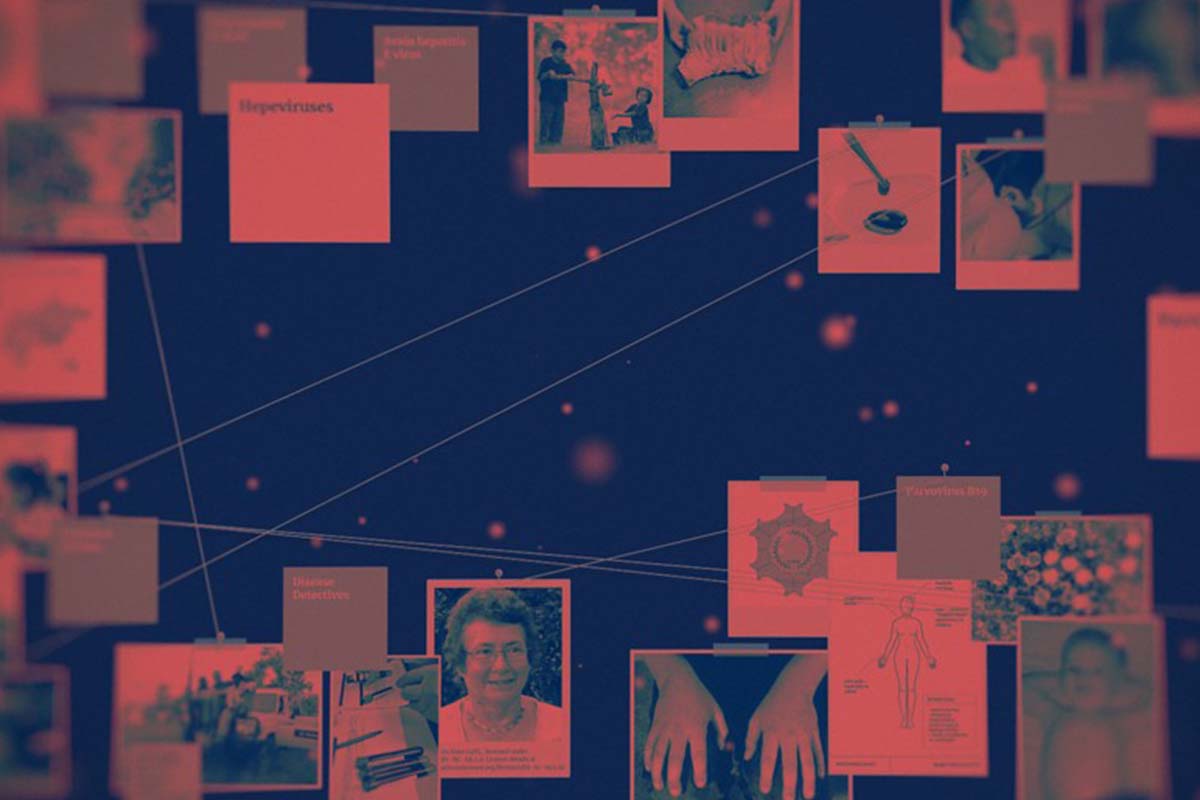What social media tells us about vaccine hesitancy
Government and scientific communications about COVID-19 vaccines are often discussed on social media, which can influence decisions to get vaccinated; here’s how governments need to use that understanding to better advocate for vaccines.
- 30 March 2022
- 3 min read
- by Gavi Staff

What is the research about?
Individual health decisions often have many facets to them, and scientific advice on vaccination, for example, is shaped by pre-existing confidence in vaccines and ongoing social dialogue. Even when COVID-19 vaccines are available, there have been gaps in coverage as efforts are undermined by “social motivations”, say researchers in Nature. Understanding the public discourse about vaccination, especially in the context of the pandemic, is important in targeting vaccine advocacy strategies.
People who are sceptical about the efficacy of vaccines against new variants undermine confidence in vaccination and further exacerbate vaccine hesitancy.
What did the researchers do?
They mapped out the determinants that exacerbate vaccine hesitancy by examining metadata obtained from Twitter, a social media platform the researchers describe as “a natural behavioural experiment that profiles social responses to global vaccination”. Their aim was to uncover the collective propensities underlying social motivations and uneven vaccine uptake across the world.
What did they find?
Having analysed the landscape of vaccine-related public opinion, the researchers found the public cares very much about uncertainties in vaccines.
This includes questions like how long the vaccines’ effectiveness will last, whether asymptomatic people can be prevented from spreading the disease, and how well the vaccines work in different groups, especially pregnant women and children. These dimensions will become the motivations that affect people’s willingness to be vaccinated.
Have you read?
Discussion related to new variants of SARS-CoV-2, regardless of whether there was a strong positive sentiment, a negative sentiment, or just a general announcement, could trigger extensive discussion, say the researchers. People who are sceptical about the efficacy of vaccines against new variants undermine confidence in vaccination and further exacerbate vaccine hesitancy.
What does this mean?
The researchers say their findings suggest that profiling the status quo of public perceptions is vital during this pandemic. When it comes to misinformation about COVID-19 vaccines, they say rumours will not disappear because of a strong crackdown by the government and, if allowed to circulate, misinformation can damage the government’s credibility.
Instead, they advise that governments should be active participants in anti-misinformation efforts. In addition, “to build confidence in vaccination, it is important that regulators, companies and their research partners keep the promises they have made to ensure transparency, publish data and engage in an open discussion on those data as they arrive”.
They propose several recommendations to remind governments of the importance of building confidence in vaccination, and advocate that international responsibility for ensuring global vaccine coverage should take precedence over individual national strategies, given that national policies are discussed on borderless social media platforms.
More from Gavi Staff
Recommended for you









